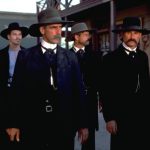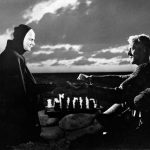A Clockwork Orange (1971)
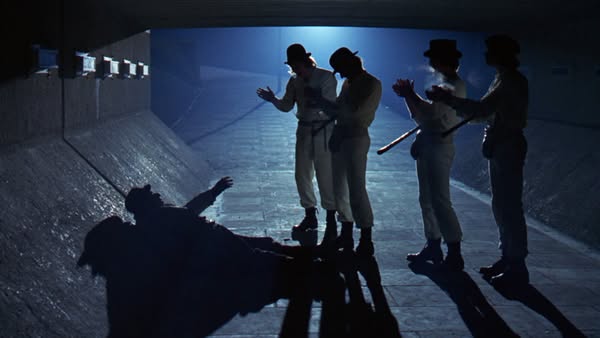
A Clockwork Orange is a 1971 dystopian film directed by Stanley Kubrick, based on the novel of the same name by Anthony Burgess. The film is renowned for its provocative themes, striking visuals, and controversial portrayal of violence and free will.
Set in a bleak, futuristic society, the story follows Alex DeLarge (played by Malcolm McDowell), a delinquent youth who revels in “ultraviolence” and classical music. Alex leads a gang of misfits, engaging in criminal activities and brutal assaults. His carefree lifestyle is disrupted when he is arrested and sentenced to prison for murder.
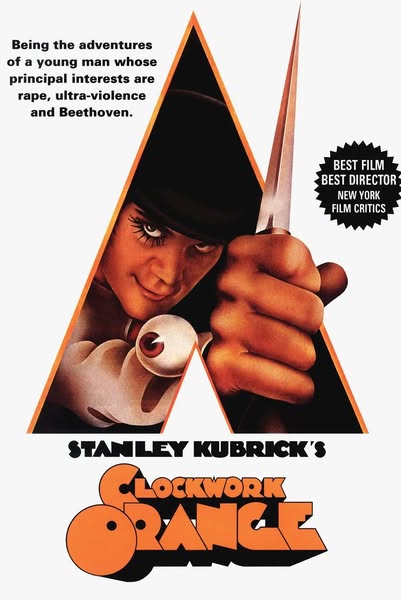
In prison, Alex volunteers for an experimental rehabilitation program known as the Ludovico Technique, which uses aversion therapy to condition him against violence. The treatment strips him of his ability to choose, rendering him incapable of defending himself when released back into society. The film raises profound questions about free will, morality, and the nature of evil.
Kubrick’s direction is visually striking, combining bold cinematography and a unique aesthetic that reflects the film’s themes. The use of classical music, particularly Beethoven, juxtaposes the brutality of Alex’s actions with a sense of beauty, creating a jarring contrast that enhances the film’s impact.

Malcolm McDowell delivers a memorable performance as Alex, capturing both his charm and his disturbing nature. The film’s supporting cast, including Patrick Magee and Warren Clarke, contribute to the unsettling atmosphere, further emphasizing the societal decay depicted in the story.
A Clockwork Orange sparked significant controversy upon its release due to its graphic depiction of violence and sexual content. It was initially banned in several countries and faced backlash from various groups. Nonetheless, it has since been recognized as a landmark film, influencing countless works across genres and sparking discussions about censorship, morality, and the human condition.
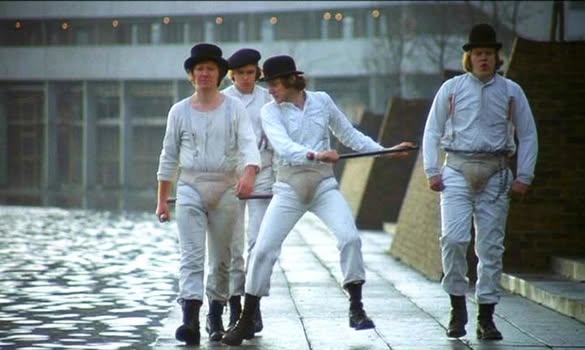
The film’s exploration of free will remains a central theme, prompting viewers to consider the implications of a society that prioritizes control over individual choice. Kubrick’s adaptation stays true to Burgess’s exploration of the complexities of human nature, raising ethical questions that resonate with audiences even today.
In conclusion, A Clockwork Orange is a provocative and visually arresting film that challenges viewers to confront uncomfortable truths about violence, free will, and societal control. With its powerful performances and striking direction, it remains a seminal work in cinematic history, leaving a lasting impact on both film and culture.
